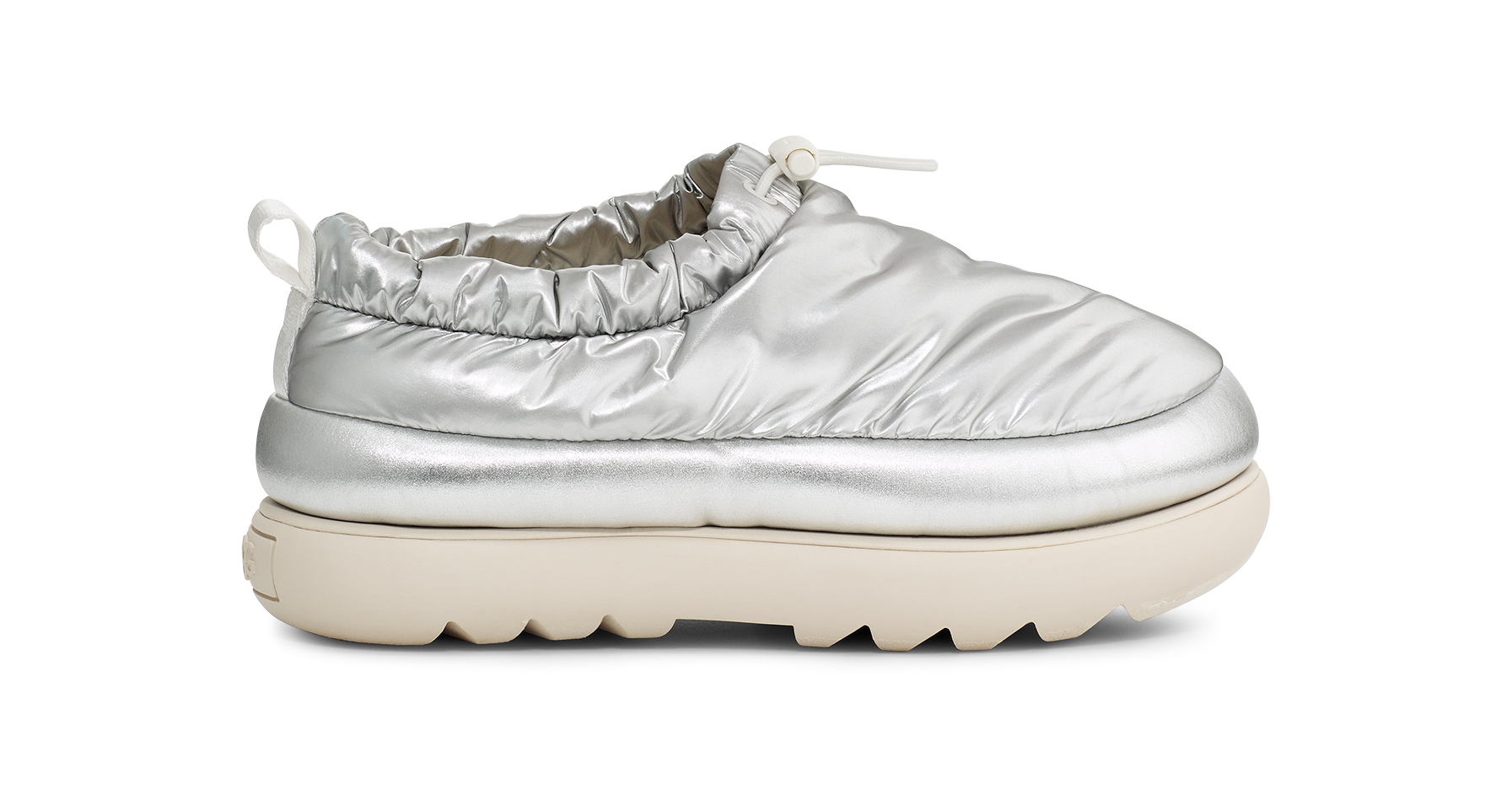How to Choose the Right Layering Pieces for Temperature Shifts
페이지 정보
작성자 Antwan 작성일 25-10-24 22:23 조회 4 댓글 0본문
When the weather changes throughout the day
your outfit can determine whether you’re snug or sweltering.
Your strategy should balance insulation with breathability, adapting as your activity level rises and falls.
Opt for autry a form-fitting foundational layer that moves with your body
Prioritize moisture-wicking fabrics like bamboo blends, Capilene, or Coolmax over traditional fibers
Skip cotton—it retains dampness and cools you down dangerously fast.
This is your warmth-boosting intermediate layer
Select from a soft fleece pullover, a compact down vest, or a slim synthetic insulated jacket based on expected temps
Your mid-layer needs to be removable while keeping your outer garment intact
Choose a layer that rolls or folds into a compact bundle for easy carry.

Your outermost layer defends against weather without suffocating your body
A highly breathable, water-repellent jacket suits nearly every scenario
Seek out customizable elements like dual-adjust hoods, venting zippers, and articulated cuffs
Even if it’s not raining, a windproof layer can make a big difference when the wind picks up.
Select adaptable garments that evolve with your environment
Layering items that interchange freely expand your outfit options
Thermal tops often serve as both insulation and outerwear depending on conditions
Use a zippered fleece as an internal insulator or external windbreaker as needed.
Don’t forget about accessories
A lightweight hat and gloves that you can easily remove or tuck away help manage heat loss from your head and hands
A neck gaiter or scarf is also a great addition because it adds warmth without bulk.
Test your layers before heading out
Move around in your gear for 15–20 minutes to test heat retention and breathability
Fine-tune your layers based on real-time feedback
The goal is to stay dry and regulate your temperature without constantly stopping to add or remove clothing
Quality layering means harmony between pieces, not a pile of clothes
- 이전글 버목스 - 메벤다졸 100mg x 6정 (유럽산 C형 구충제, 항암 효과) 구매대행 - 러시아 약, 의약품 전문 직구 쇼핑몰
- 다음글 Understanding Different Types of Temporary Contracts
댓글목록 0
등록된 댓글이 없습니다.


